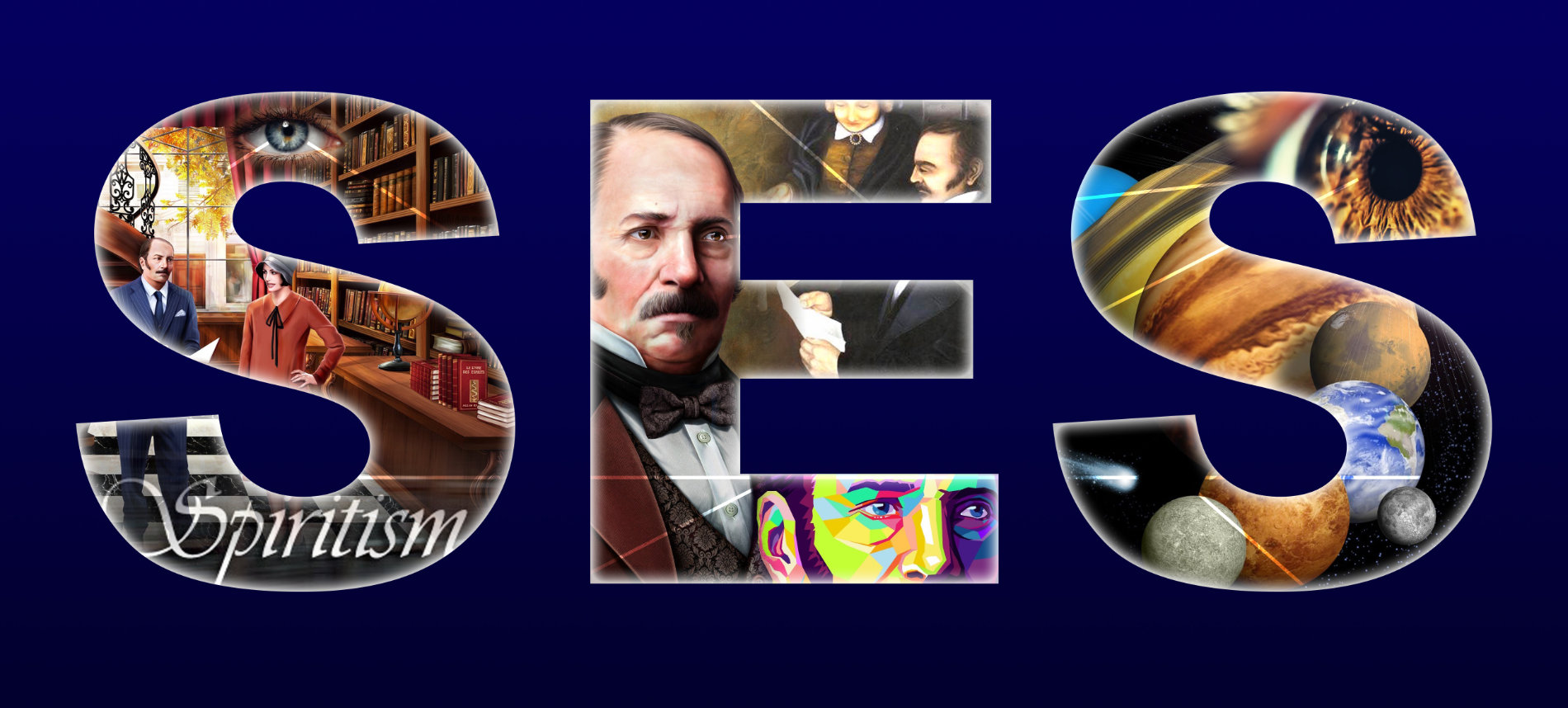
Pandemics and the Will of God
In these extraordinary times, religious remarks such as these seem common: “Nobody dies before their time”, “God is in control”, “Jesus is my sanitizer”, and “In God’s plans, nothing happens by chance.” These remarks are voiced by people from various religious traditions. On one hand they represent expressions of faith, religious fervor, and trust in a Superior power. They serve to comfort and give hope, they offer guidance, and represent solid ground for the believers. As such, nobody questions their value. On the other hand, if one thinks about them, with just small amount of critical thinking, they challenge the concept of God that so many have embraced.
In the U.S., we are now experiencing the dramatic expansion of Covid-19 virus, and the tragic death of so many people. The virus has been found in almost every country, and almost every large city of the planet. The media coverage brings the pandemic so close to all of us, and the world is transfixed by the horrible possibilities. The world over, people are adopting new behaviors, and learning to live in a new reality.
But, what does God have to do with it?
If one believes in a God that keeps his thumb on every event of human existence, deciding on who contracts a disease, dies from it, or survives it, then God has everything to do with it. Our understanding of the role of God changes however, when take a small step back, away from the fears of the moment. Looking at a few points of our history on the planet, some things will inform the relativity of our views. Tuberculosis, a terribly long pandemic in the 20th century, is estimated to have killed 300 million people worldwide. The Spanish flu of 1920 is estimated to have killed over 50 million people worldwide. The Great Chinese Famine of 1958-61, killed over 40 million people. On the other hand, we must keep in mind, that the population of the Earth has grown from 1 billion in 1900 to approximately 7 billion in 2000. The notion that God is making micro decisions about the lives of every person is hard to sustain. Did God purposely create the bacteria that causes Tuberculosis, or the flu virus, or the natural disasters that caused the famine?

Today, with proper clinical and public health management, Tuberculosis is 100% curable. Today, the medical field understands the flu virus, which was first discovered in 1933, and with vaccines and proper hygiene, fatality rates have been reduced to less than 1% of infections. Today, the Chinese are an industrial and military power, and are able to feed their population, which has doubled in size since the famine.
These three examples share the same pattern: human existence on Earth is in a continuous state of transformation and progress. They show that the life of human beings on Earth is animated purely by growth. And, in a deeper sense, life, in all its expressions, is premised on transformation.
If one extends the meaning of the word “life” to contain the life of the soul, the eternal spark, then it is easy to conclude that the soul is also in a continuous journey of transformation, whether living temporarily in the flesh or not. Within or without the flesh, the soul is growing, learning, and changing towards an end that we may not yet comprehend, but that wise thinkers have called fulfillment. We are on the path of fulfillment in God.
If one looks at life solely from the perspective of the material body and its senses, the questions of death by a contagious disease, cancer, or famine don’t have satisfactory answers. But from the perspective of the spirit, the eternal being, they all serve a greater and wiser purpose. And, one day, every one of us will look back and be in awe of the wisdom that silently shaped our journey.


Recent Comments